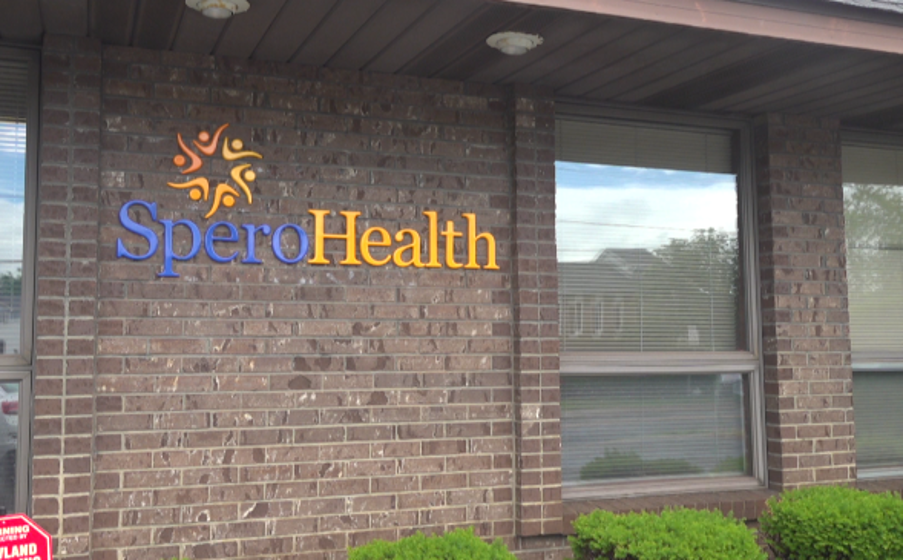Addiction treatment provider Spero Health has plans to grow at breakneck speed.
This year, the Brentwood, Tennessee-based provider will open 24 new clinics. And it will open at least 24 additional clinics next year – if not more, according to Spero CEO Steve Priest.
The provider has big plans to expand into new states, services and conditions. But the company isn’t just thinking about expansion; the provider will also be looking to value-based care and outcomes measures in the future.
Founded in 2018, Spero Health began with the mission to “laser focus” on opioid use disorder treatment. However, the plan has since evolved to treat other conditions, including alcohol use disorder. As it moves forward, the company is likewise looking at incorporating partial hospitalization and detox programs into its services.
Spero uses an integrated care model focused on harm reduction. The program uses a physician, nurse practitioner and mental health counselors. It provides patients with wrap-around support services, including case management and care coordination, with a focus on social determinants of health.
The company works with commercial insurers and Medicaid. Priest said that treating the Medicaid population was a key focus area for the company.
“I also think that the Medicaid programs are becoming really the strongest advocate, in my mind, for the care we provide,” Priest told Behavioral Health Business. “So state by state, Medicaid programs are learning more and more about how to think about this patient population from a holistic-care standpoint, to think about how you can make it really as a longitudinal care model designed around a disease state.”
Heritage Group, Frist Cressey Ventures, Health Velocity Capital and South Central Inc. are among Spero’s investors.
Currently, Spero has over 70 clinics in its network. It actively serves more than 28,000 patients.
Setting the stage for value-based care
Value-based care is going to be an important element for Medicaid in the future, Priest noted. And outcomes data may be an essential building block for value-based care, he added.
“Clinical outcomes are really important in all health care,” Priest said. “Because it’s such a nascent space, and behavioral [health] is a little bit squishy. There has not been real clarity around what good outcomes are.”
However, Spero is beginning to measure clinical outcomes that are evidence-based through its Spero Quality Index. Examples of the clinical outcomes measured: the Brief Addiction Monitor Scale and the Recovery Capital Scale.
This allows the company to look at outcomes on a facility-by-facility basis – and even on a provider-by-provider level.
“There are a tremendous amount of mental health measurements … that we’re utilizing to really begin to build a very robust clinical outcome database, so that we can meet the needs of what the payer may be looking for and what the Medicaid program may be looking for,” Priest explained.
Priest noted that one of the biggest challenges for the addiction care industry as a whole is flat reimbursement rates.
This forces organizations to figure out how to provide care efficiency and in a cost-effective way. Yet it also makes the addiction treatment care prime for value-based care.
“I think this patient population is absolutely ripe for value-based care, where you are able to reward a provider for keeping a patient out of the hospital, keeping a patient out of the ER, reducing readmission rates, etc.,” Priest said. “And we know that this patient population is remarkably expensive to society. And that’s why the Medicaid programs are the most certainly the most thoughtful in some cases [because] they see that cost.”



